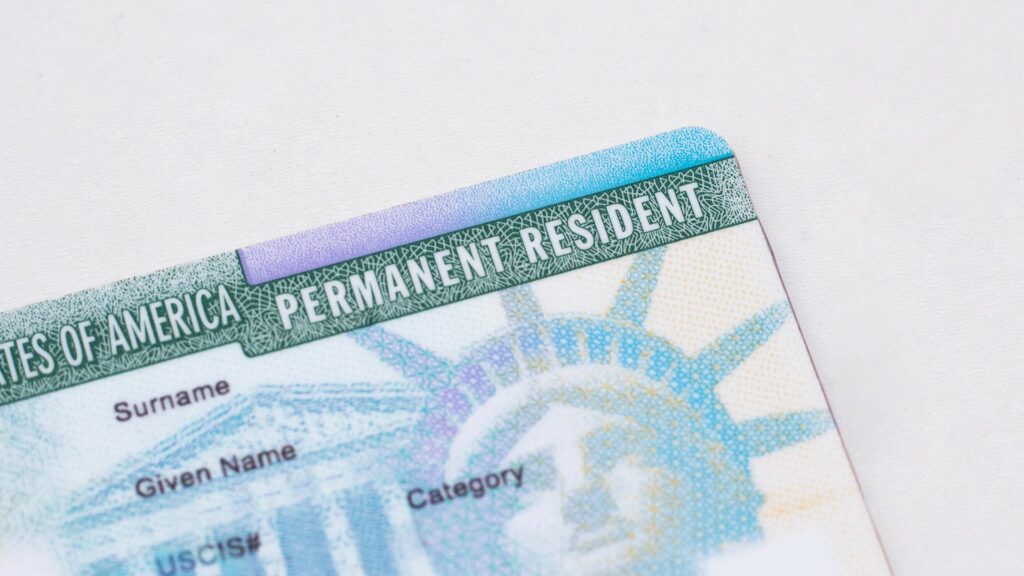President Biden’s policy initiative which will allow certain undocumented spouses of U.S. citizens, as well as their children, to apply for legal permanent residency via “Parole in Place” will begin accepting applications on Aug. 19, 2024, the White House announced in mid-July.
Further details about the program have still yet to be released. More information is expected to come available “in the near term” once a notice is published in the Federal Register, according to USCIS. The program may also be challenged through litigation.
When the policy was first unveiled in mid-June, the White House said undocumented individuals could be eligible to apply for PIP if they:
- Have lived in the United States for at least 10 years as of June 17, 2024
- Are married to a U.S. citizen
- Satisfy all other “applicable legal requirements”
“These couples have been raising families, sending their kids to church and school, paying taxes, contributing to our country for every — for 10 years or more — matter of fact, the average time they’ve spent here is 23 years, the people we’re affecting today — but living in the United States all this time with a fear and uncertainty,” Biden said at a press conference announcing the policy. “We can fix that, and that’s what I’m going to do: fix it.”
Further reading: How to proactively prepare for undocumented spouses ‘Parole in Place’ application process
Applications will be adjudicated on a case-by-case basis. Spouses who are granted PIP will be provided authorization to work in the United States for up to three years. Further, spouses who receive PIP are “paroled” for the purposes of applying for a green card inside the United States under the INA.
Normally, individuals who enter the United States unlawfully cannot apply for permanent residence (adjustment of status) from inside the United States and must leave the country before doing so. PIP allows for beneficiaries to avoid having to depart the U.S., which would normally trigger the three-year (if accrued more than 180 days but less than one year of unlawful presence during a single stay in the United States) and 10-year (if accrued one year or more of unlawful presence during a single stay in the United States) unlawful presence grounds of inadmissibility, a basis for the government to deny applications for legal permanent residency.
Eligible spouses of U.S. citizens should apply for their green card during the three-year period in which they are work authorized via the PIP program announced by Biden. Undocumented children of noncitizen spouses under 21 years old will also qualify for PIP under the new policy announced by Biden, provided they meet all eligibility criteria.
“(President Biden) believes in expanding lawful pathways and keeping families together, and that immigrants who have been in the United States for decades, paying taxes and contributing to their communities, are part of the social fabric of our country,” a fact sheet from the White House about the policy read.
In total, about 500,000 spouses of U.S. citizens, and approximately 50,000 noncitizen children, will benefit from the expanded PIP eligibility, according to the White House.
Work permits for ‘Dreamers’ update
The Biden administration also provided a further update in mid-July related to its previously announced policy which eases “the visa process for U.S. college graduates, including ‘Dreamers.’”
Specifically, the update read: “The Department of State has updated its public guidance – making it clear that it is in the public interest that individuals who graduated from a U.S. institution of higher education and are seeking a work visa are able to put their degree to use in the United States, and that these factors should be considered favorably when recommending waivers in the visa application process.”
Further, the White House announced it will issue a proposed rule to expand TRIO program access to “Dreamers” and others.
“By providing high school students with services and supports such as college campus visits, tutoring, and help completing college and financial aid applications, the TRIO program helps students from low-income backgrounds and students who would be the first in their family go to college successfully transition from high school to college,” the White House announcement read.
About 50,000 more students every year could be eligible to use TRIO services under the proposed rule, according to the White House.

